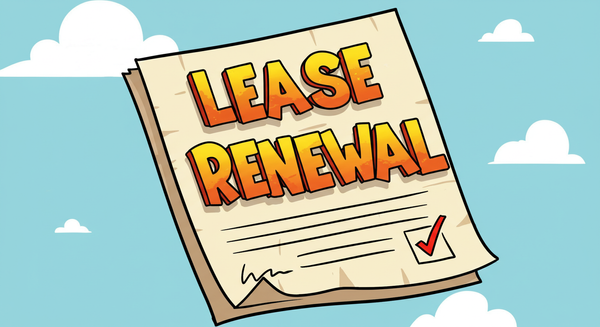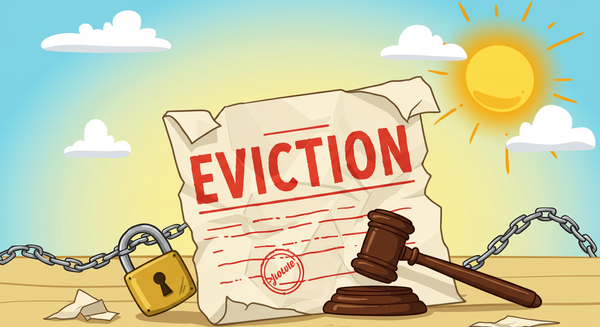
Connecticut Laws
Connecticut Squatter's Rights Guide: 2025 Laws and Property Protection
Connecticut requires squatters to occupy property continuously for 15 years before they can file an adverse possession claim
Real estate & marketing/SEO veteran turned tiny-house dweller. Survived renovations, acquisitions, and three kids. Helping landlords navigate chaos while dreaming of beaches where nobody can find me.


Connecticut Laws
Connecticut requires squatters to occupy property continuously for 15 years before they can file an adverse possession claim

Colorado Laws
In Colorado, squatters must maintain continuous possession for 18 years—one of the longest requirements nationwide. Any significant interruption restarts this timeline.

California Laws
The new trespassing notice system enables quicker police response to squatting situations without requiring the lengthy civil court process previously necessary.

Arkansas Laws
Even if a squatter remains on the property for the required time, they must also meet strict requirements, including open and notorious possession, exclusive control, payment of property taxes, and having "color of title," before they can initiate a legal claim for adverse possession.

Arizona Laws
The 2-year pathway represents one of the shortest adverse possession timeframes in the United States, creating significant risk for property owners who do not regularly monitor their investments.

Alaska Laws
Through a 2003 amendment, Alaska effectively limits successful adverse possession claims to boundary disputes rather than deliberate property takeovers by squatters who knowingly occupy another's property.

Alabama Laws
If a squatter's entry onto the property was unlawful, HB 182 allows property owners to request expedited removal by law enforcement after just 24 hours, potentially preventing the squatter from meeting the continuous residence requirement.

Florida Laws
While Florida law states that an individual may attempt to gain title and ownership of a property through adverse possession after residing there long-term for seven years, this process is significantly impacted by House Bill 621, Senate Bill 322 and Senate Bill 606

Property Management
Whether you became a proud owner of real estate intentionally or not, at some point in your life, you will likely ask yourself the question, "Should I manage my own rental property?".

Rent Collection
If you have been a landlord for a while, then you have likely been faced with the dilemma of when and how to raise the rent on your tenants and whether you should even consider it in the first place.

Evictions
If you are a landlord or a property manager, at some point in your career you will have the unfortunate displeasure of having to evict a tenant.

Maintenance
After a decade of experience in the property management industry, I've learned that there are a few important things that you must focus on to become a vendor for apartments and property management companies.